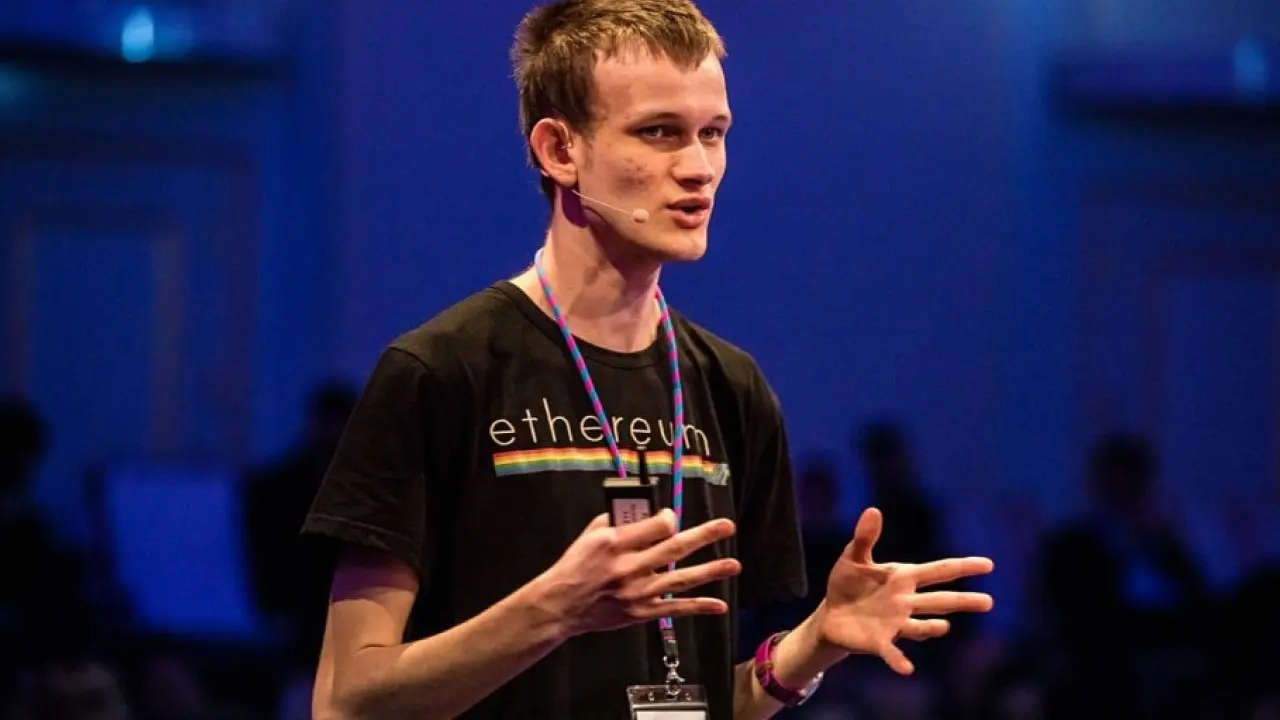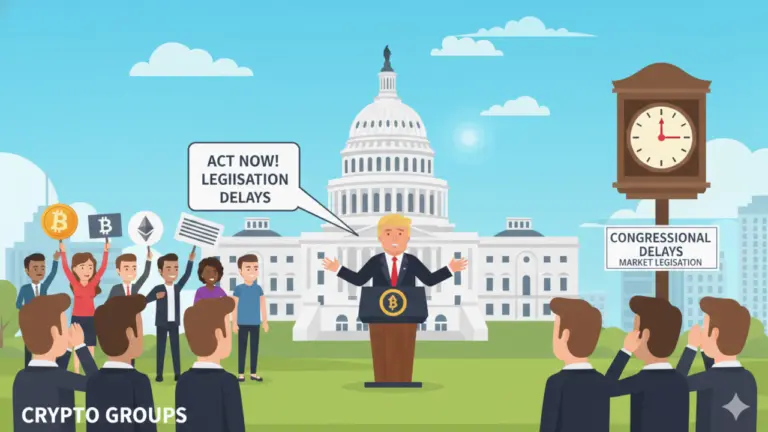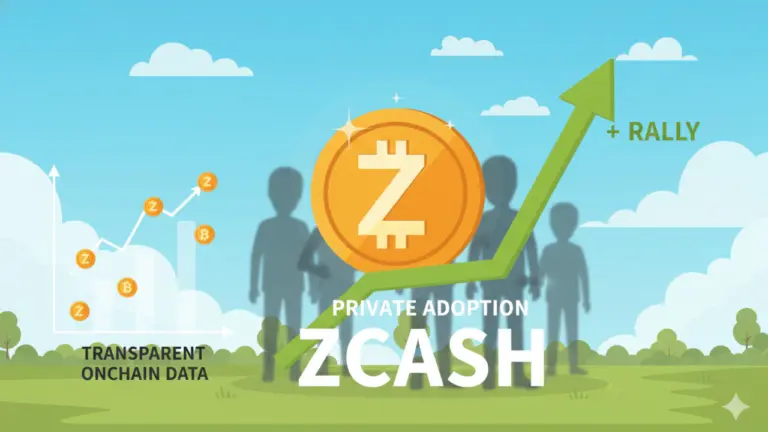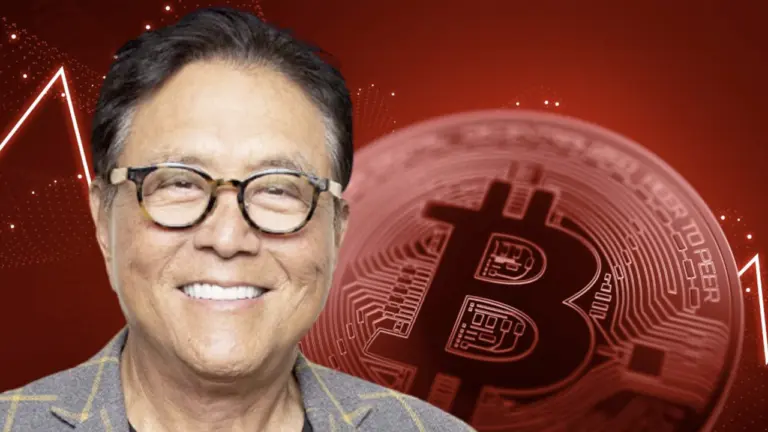Ethereum co-founder Vitalik Buterin stated that decentralized finance (DeFi) is becoming a credible alternative to traditional banking. Speaking at Dromos Labs’ event on Wednesday, Buterin said DeFi is increasingly being adopted worldwide as a primary banking option.
He emphasized that DeFi has matured into a legitimate savings platform, reflecting its rapid evolution from an experimental concept to a system capable of competing with established financial institutions.
DeFi’s Growth and Security Challenges
Buterin acknowledged that while DeFi has progressed beyond its speculative beginnings, it still faces significant security risks. He referenced a recent blog post advocating for lower-risk DeFi solutions and suggested the sector could become a refuge for users seeking alternatives to fiat currencies vulnerable to political interference and asset seizures.
Despite optimism, Buterin cautioned about ongoing technical and security issues, citing the costly Balancer protocol breach as a recent example. He noted that security standards in 2025 have vastly improved compared to those in 2019 and 2020.
He recommended that DeFi protocols adopt the “walkaway test,” ensuring users can always retrieve their funds. Maintaining Ethereum’s core principles—transparency, standardization, interoperability, and resistance to censorship—remains a priority.
Ethereum Scaling and Development Strategies
Buterin encouraged developers to experiment with bridging Ethereum’s mainnet (Layer 1) and Layer 2 networks, using Layer 1 as the security anchor and Layer 2 for scalability. He highlighted projects like Lighter, which currently process over 10,000 transactions per second.
He stressed that scalability is achievable with proper engineering and pointed to ongoing projects that promote financial freedom through improved infrastructure.
Addressing Blockchain Security with Zero-Knowledge Proofs
Buterin recently acknowledged a design flaw in an Ethereum feature that causes a 50-fold verification slowdown, impacting the $50 billion Layer 2 ecosystem. To address such issues, he supports a hybrid approach combining Zero-Knowledge (ZK) proofs with multi-party computation, fully homomorphic encryption, and trusted execution environments for enhanced privacy and security.
ZK proof projects have invested $100 million in self-funded development, including $20 million in infrastructure and $17 million in specialized Proof Pod hardware. Buterin emphasized the potential of zero-knowledge proofs in voting systems to prevent coercion and protect decision-makers.
Defense of Ethereum’s Unstaking Delays
Buterin responded to criticism regarding Ethereum’s 43-day unstaking delay, which some say hinders user experience by trapping validator funds longer than traditional banking withdrawal times.
Addressing developer Robert Sags’ concerns, Vitalik Buterin compared staking to a solemn duty, likening unstaking delays to a soldier’s commitment to service. He described the friction involved in quitting staking as an intentional and necessary part of maintaining network security.






